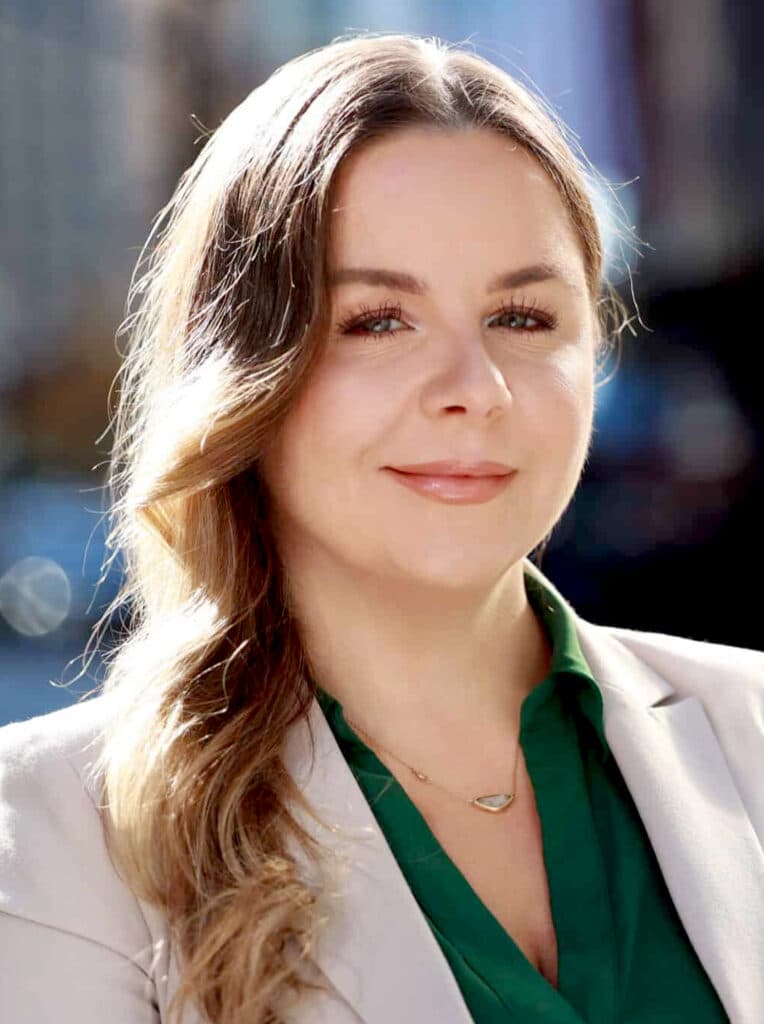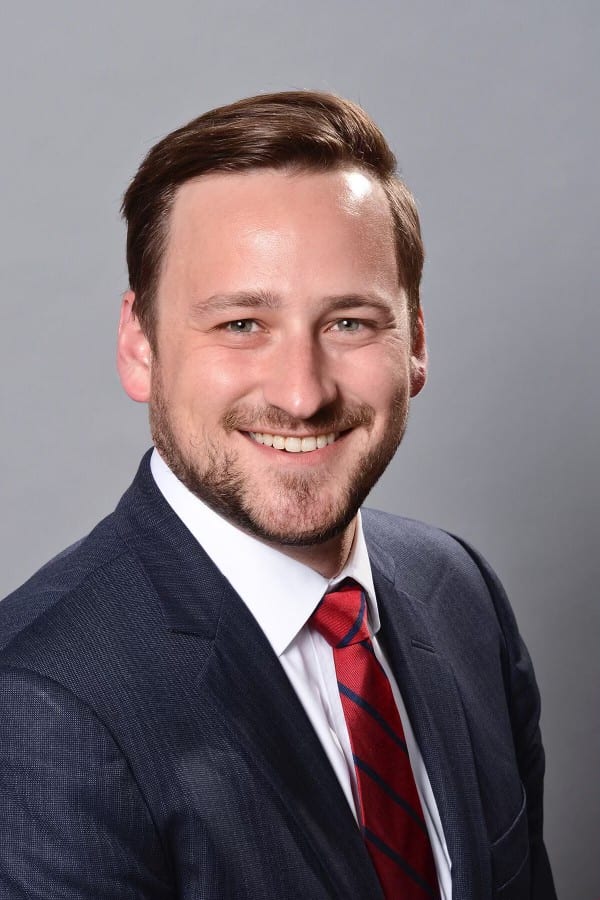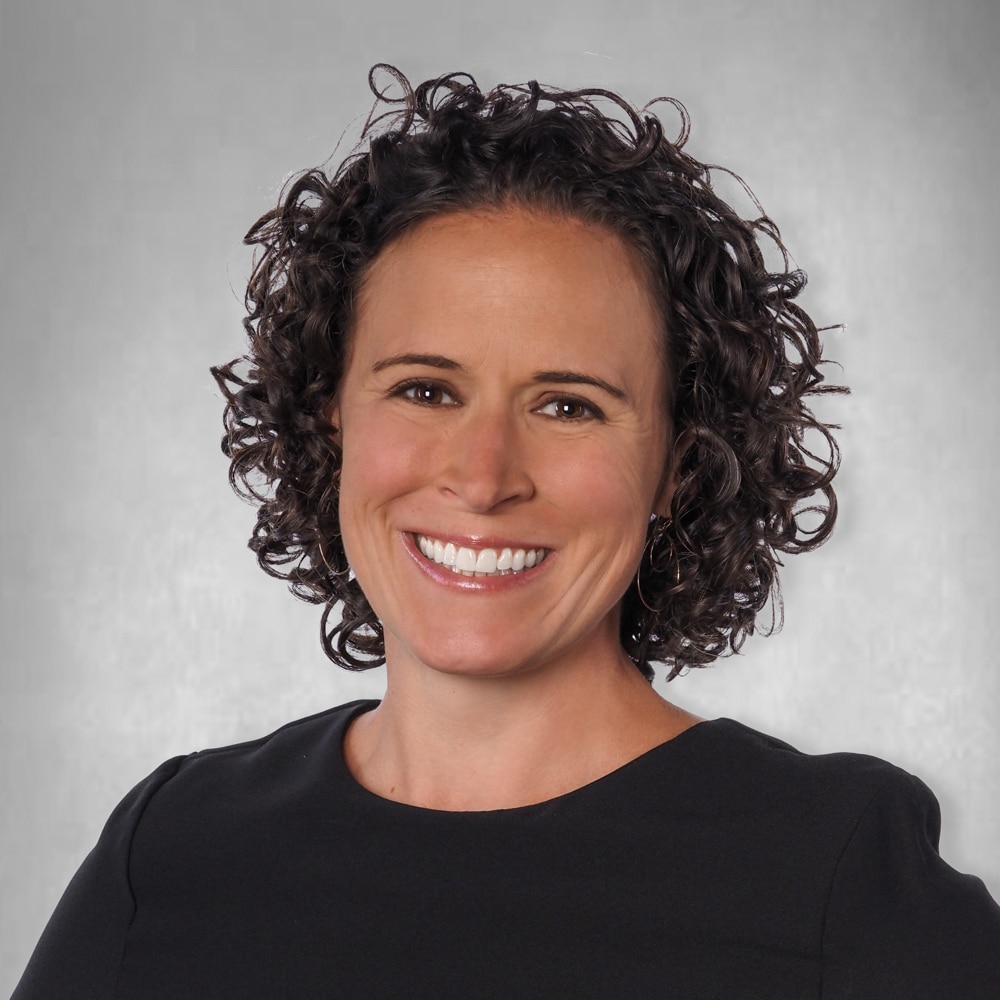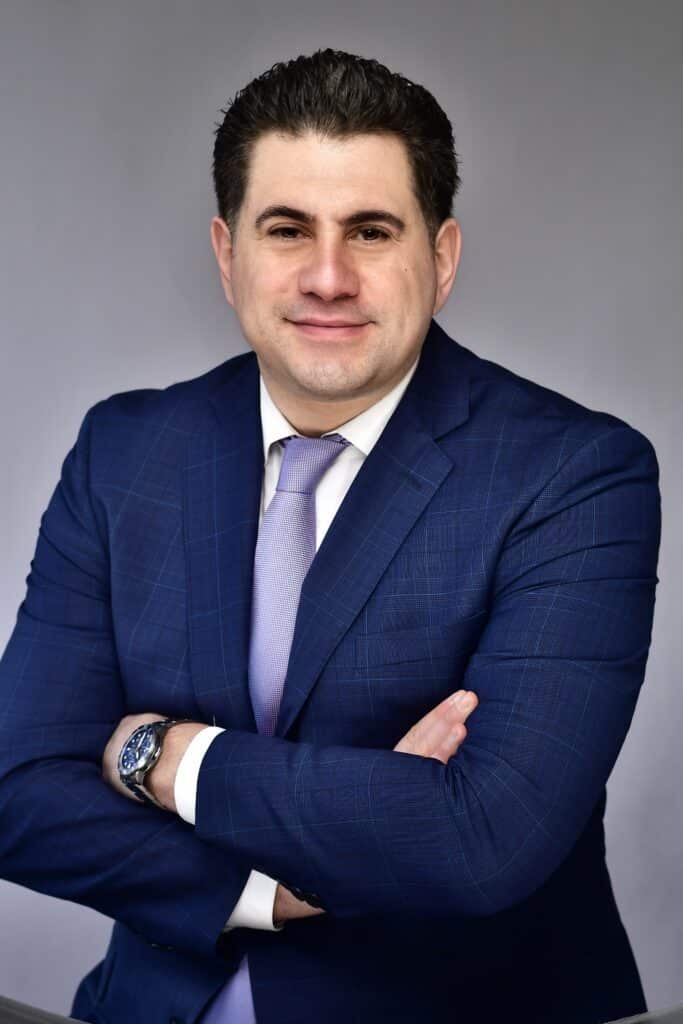Slip-and-Fall Injury Lawyers in Fort Lauderdale, FL
If you have been seriously injured in a slip and fall in Florida, you need a Fort Lauderdale slip and fall lawyer from the law office of Meirowitz & Wasserberg to help you. Learn more about Florida law on slip-and-fall cases and how an attorney can help you navigate the legal process to get the compensation you deserve.
Quick Links
How Our Trusted Slip and Fall Attorneys in Fort Lauderdale Can Help With Your Case
Our Fort Lauderdale personal injury lawyers have a history of obtaining excellent results for our clients, including more than $235,000 for one client who sustained a fractured jaw after a slip and fall.
Many of our clients have taken the time out of their busy schedules to share their experiences with our law firm because they believe in us as much as we believed in their right to justice and restitution at a time when they most needed support and ardent advocacy. Here’s what one of our clients has to say about us:
“This is not a firm that goes through the motions – they feel for people, champion your case and are open and honest. Sam (and I am sure Dan) fights for you when everyone else stayed quiet – I respect that and thank him for it.” –Kieran B.
The most fulfilling part of our work is seeing our clients rebuild their lives and move forward in ways they thought were impossible after their accidents. Let us do this for you.
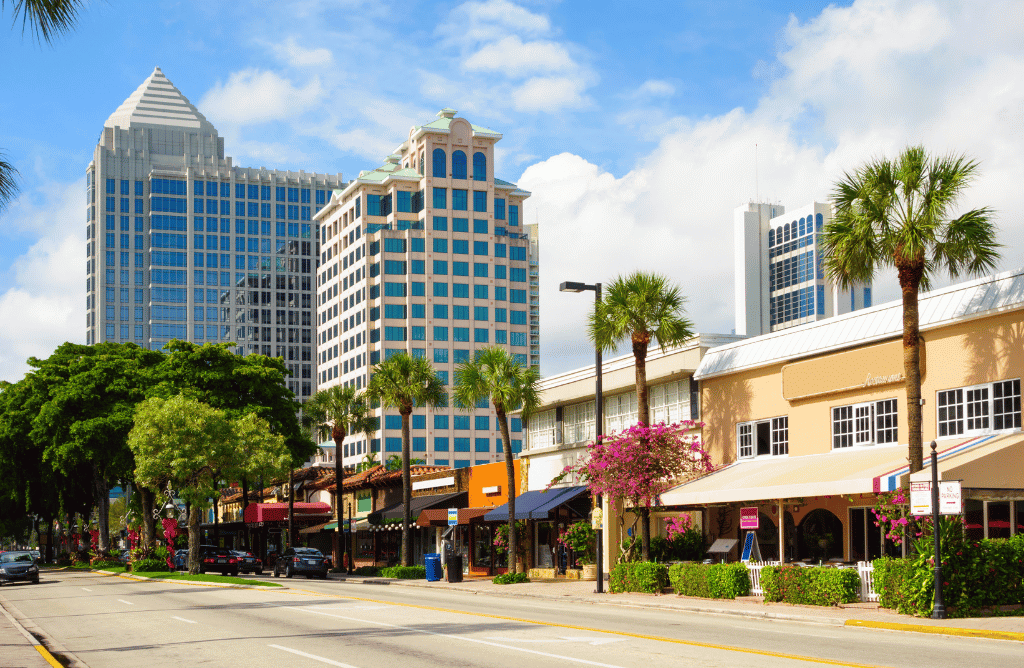
How to Prove a Slip and Fall Accident in Florida
Liability Under Florida Slip-and-Fall Laws
Slip-and-fall cases are included in an area of law called premises liability. Premises liability law determines when a property holder (either a property owner or tenant) is liable for an injury to someone who has entered the property.
The basic elements of a slip-and-fall case in Florida are as follows:
- The property holder had a duty to maintain a property to a certain standard.
- The property holder did not maintain the property to that standard.
- You slipped and fell due to the property holder’s failure to maintain the property to that standard.
- You were injured as a result of your slip and fall.
One of the main issues in a slip-and-fall case is answering the question, “How well does a property have to be maintained?” Does a property holder have to keep it in tip-top condition? Under Florida law, that issue depends on how you got to be on the property. For example, were you shopping in a public place, like a store? Were you invited over as a guest of the owner? Or were you a trespasser?
Invitees
An invitee has been invited by the property owner to the property, either as a business or public invitee.
- A business invitee has been invited to do business with the property owner. If you were shopping in a store, you were a business invitee.
- A public invitee is a member of the public who went on to the property that was open to the public.
Property holders owe the highest duty of care to an invitee. A property holder must maintain the property as any reasonable person would in similar circumstances. Some examples of ways that a property holder might be negligent include the following:
- Using too much wax on a floor
- Not repairing a sidewalk when it cracks or becomes uneven
- Failing to fill in potholes in a parking lot
A special law applies if you slip and fall on a spilled or temporary foreign substance while in a business. Under Florida Statute section 768.0755, you must prove the business had actual or constructive knowledge of the foreign substance and should have cleaned it up.
To prove constructive knowledge, you can show that the foreign substance was there long enough that the business should have been aware of it, and the business should have foreseen the condition because that condition occurred regularly. Some examples of foreign substances are as follows:
- Food spilled in a grocery store aisle
- Rugs bubbled up or rolled up in a store entrance, creating a tripping hazard
- Water tracked into a hotel lobby from the pool area
- Drinks spilled on a restaurant floor
Licensees
Licensees are individuals who enter a property for their own convenience or interests. The care due to a licensee depends on whether the licensee was invited (for example, a social guest) or uninvited (for example, a door-to-door salesperson). Property holders must do the following for invited licensees:
- Keep the property reasonably safe
- Fix unsafe conditions
- Warn of any known dangers
For an uninvited licensee, the property holder only has to avoid willful or wanton injury, which is generally uncommon in a slip-and-fall case unless the owner does something like deliberately creating a dangerous surface to harm entrants on the property.
Trespassers
If you were trespassing on the property at the time of your fall, then the property holder owed a very limited duty to you. If the property holder never even knew you were on the property, they would only be liable to you if they intentionally tried to hurt trespassers (for example, by setting traps).
If the property holder discovered you were trespassing, then they do have an obligation to warn you about concealed dangerous conditions on the property.
Florida law has an exception for trespassers who were under the influence of alcohol — with a blood alcohol level of 0.08 or above — or certain other chemical substances. Florida property holders are never liable for injuries to those trespassers.
How long after a slip and fall can you sue in Florida?
All personal injury cases in Florida are subject to a statute of limitations. If you are hurt in a slip-and-fall accident in Fort Lauderdale or anywhere else in Florida, you must file a slip-and-fall case within four years of your accident.
Compensation for a Slip and Fall in Florida
How much compensation you can receive for a slip-and-fall accident depends on your injuries and who may be responsible.
The types of compensation you may receive for your slip-and-fall case will depend on your damages. Some examples of damages that are available include the following:
- Medical bills. This includes medical bills in the past as well as in the future for ongoing treatments. Also included are doctor’s visits, therapies, medications, surgeries, pain management, medical devices and equipment, and more.
- Wages. This includes any wages you lost in the past due to missed work and should also cover any paid time off you lost. It can also include payment for reduced earning capacity in the future if you can no longer perform the same work as before your injury. You may also be eligible for future wages and retirement benefits if you can never return to work due to your injuries.
- Pain and suffering. Pain and suffering may be difficult to quantify, but it includes any emotional distress you suffered because of the fall itself or your injuries.
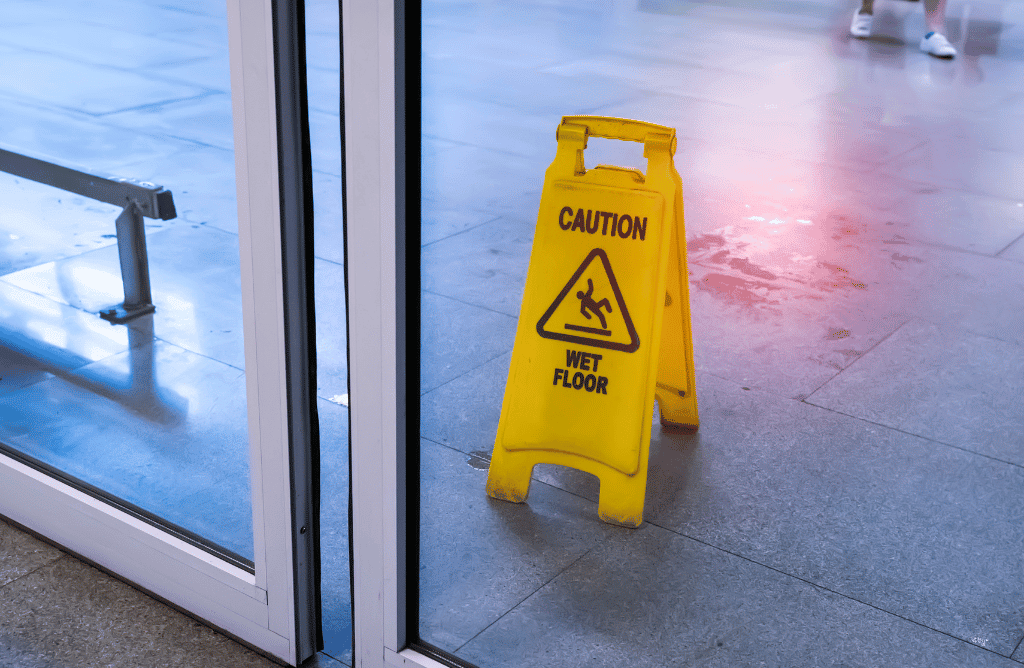
Compensation When You Were Partly at Fault
Florida is a pure comparative negligence state. Comparative negligence means a jury decides the total damages and the percentage of fault assigned to each party. The victim’s compensation is reduced according to their percentage fault.
Some ways you might be partly at fault include the following:
- You were not paying attention to where you were walking. For example, if you were looking at your phone at the time.
- You were running in an area where that behavior is inappropriate, in a store, for example.
- You were in an area not normally open to the public and weren’t supposed to be there.
- You should have noticed an obviously dangerous condition, a large pothole, for example.
Parties Who May Be Liable for Your Slip and Fall
Even though you may have actually suffered damages due to your injuries, your ability to get compensation for them will depend on the party responsible for paying. In many cases, that may be an insurance company. The homeowner’s insurance company may be responsible if you fell in a private residence. If you fell in a business, the business should have insurance.
If that is the case for your fall, this may be good news because it means the insurance company has the financial resources to pay for your injuries. However, it could also be bad news because communications with insurance companies can be complicated and tricky.
Contact Meirowitz & Wasserberg, LLP for a free evaluation of your case.
Our Personal Injury Lawyers in Fort Lauderdale
AVAILABLE 24/7
Get Your Free Case ReviewNotable Results
$200,000
Personal injury settlement
$235,000
Slip and fall injury
$675,000
Product liability injury
$555,000
Premises liability injury
Nancy, New York (NY)








